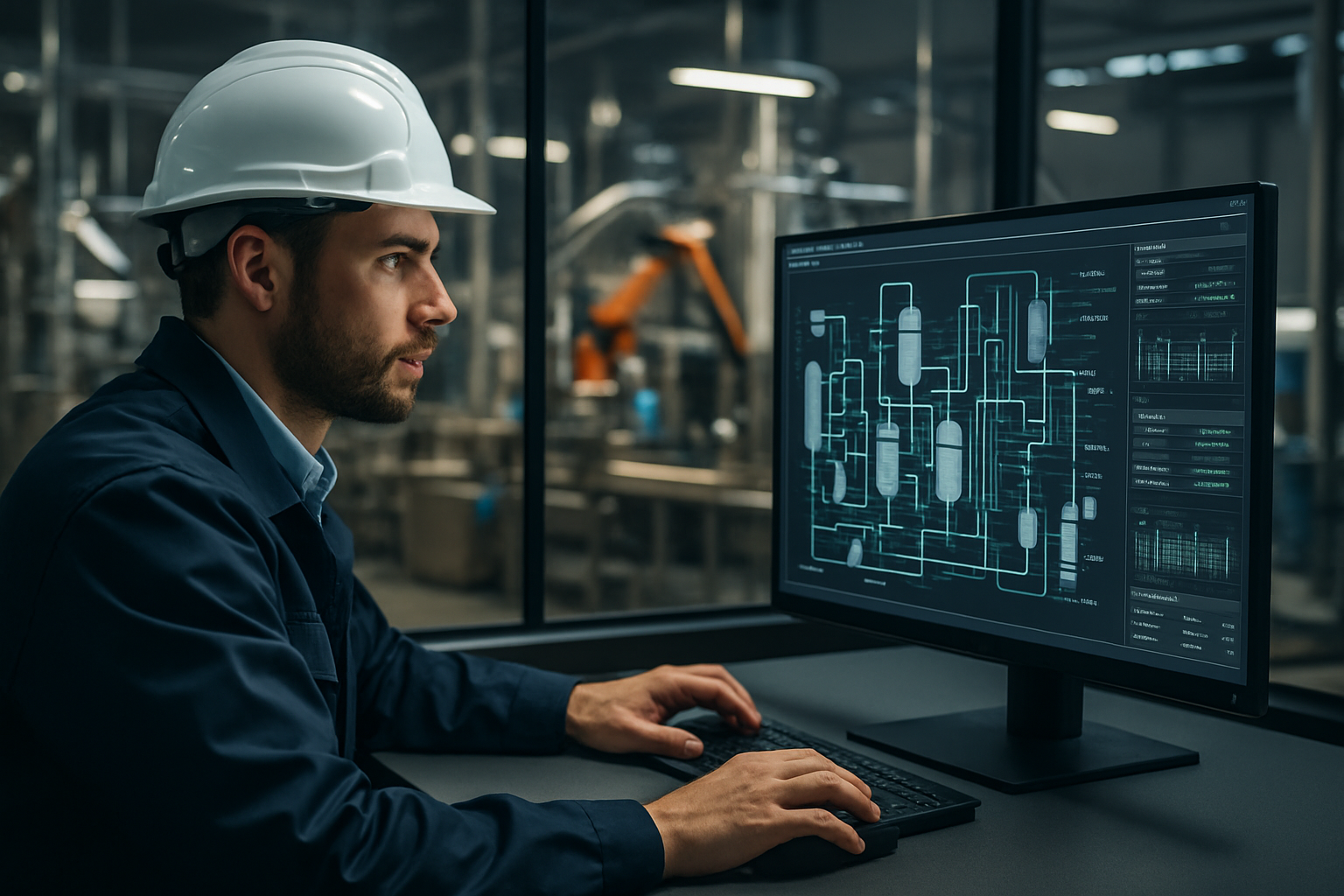Welding Careers – Equipment and Industry Standards
Welding careers rely on advanced equipment, structured franchise training, and digital software support. Professionals in this field use protective tools, cutting machines, and monitoring systems to ensure safety, efficiency, and long-term career development in the welding industry.

Equipment Defines Quality and Safety in Welding Careers
Modern welding professionals rely heavily on their equipment to ensure both quality results and workplace safety. The right tools not only determine the precision and strength of welds but also protect workers from potentially life-threatening hazards. High-quality welding machines with advanced features like pulse control and programmable settings allow welders to achieve consistent results across various materials and thicknesses.
Personal protective equipment (PPE) represents another crucial equipment category that directly impacts safety. Auto-darkening helmets with adjustable sensitivity, flame-resistant clothing, specialized gloves, and proper ventilation systems have collectively transformed welding from a historically dangerous occupation into one with significantly improved safety standards. Industry certifications like those from the American Welding Society (AWS) now specifically address equipment standards and appropriate usage protocols.
For specialized welding applications, equipment innovation continues to push boundaries. Orbital welding systems for precision pipe work, robotic welding arms for manufacturing, and portable units for field operations demonstrate how equipment specialization creates distinct career paths within the broader welding profession.
Franchise Systems Provide Structured Training and Growth
The emergence of welding franchise systems has created new pathways for career development in the industry. Unlike traditional employment models, franchises offer standardized training programs that ensure consistent skill development across multiple locations. This systematic approach benefits both newcomers seeking comprehensive training and experienced professionals looking to enhance specialized techniques.
Franchise operations typically maintain relationships with equipment manufacturers, providing welders access to the latest technology and tools. These partnerships often include training on new equipment, ensuring that welders remain current with technological advancements. The structured nature of franchise systems also creates clear career progression paths, from entry-level positions to management roles or even franchise ownership.
Many welding franchise systems have developed proprietary certification programs that complement industry standards. These programs often include specialized training for high-demand sectors like pipeline welding, aerospace applications, or underwater welding. The combination of standardized practices with specialized knowledge creates valuable credentials that enhance career mobility and earning potential.
Software Platforms Monitor Tasks and Improve Efficiency
The digital transformation of welding careers has introduced sophisticated software platforms that monitor welding parameters, track productivity, and enhance overall efficiency. Modern welding equipment increasingly features integrated digital systems that record data on arc time, temperature, voltage, and other critical metrics in real-time. These platforms allow for detailed quality control while helping businesses optimize operations.
Project management software specifically designed for welding operations helps coordinate complex projects involving multiple welders and materials. These systems track material usage, labor hours, and project timelines while ensuring compliance with industry standards. For welders, these platforms provide immediate feedback on performance metrics, helping identify areas for technique improvement.
Training simulation software has also revolutionized skill development in welding careers. Virtual reality welding simulators allow apprentices to practice techniques safely while reducing material waste and instructor time. These systems can simulate various welding positions, materials, and environmental conditions, accelerating the learning process while providing objective performance feedback.
Quality Standards Drive Professional Development
Industry standards form the foundation of welding career advancement. Organizations like the American Welding Society (AWS), the International Organization for Standardization (ISO), and the American Society of Mechanical Engineers (ASME) establish codes and specifications that govern welding processes across industries. Understanding these standards is essential for career progression, as certifications based on these standards often determine job eligibility.
Different industries maintain specific welding standards based on their unique requirements. For example, structural welding follows AWS D1.1 standards, while pressure vessel welding adheres to ASME Section IX requirements. Aerospace welding follows AS9100 standards, establishing some of the most stringent quality requirements in the field. Professionals who obtain certifications across multiple standards increase their versatility and market value.
Continuous education remains vital as standards evolve to incorporate new materials, techniques, and safety protocols. Many employers now require regular recertification and proof of continuing education as conditions for career advancement. This emphasis on ongoing learning ensures that welding professionals maintain relevant skills throughout their careers.
Emerging Technologies Reshape Welding Career Paths
Automation and robotics continue to transform the welding industry, creating new specialized roles rather than eliminating jobs. Modern welding careers increasingly involve programming and operating robotic welding systems, requiring welders to develop both traditional skills and technological competence. This hybrid approach combines human expertise with mechanical precision for optimal results.
Additive manufacturing techniques, including various forms of 3D metal printing, represent another technological frontier in welding careers. These processes require specialized knowledge of metals, digital modeling, and precise parameter control. As these technologies mature, they create new career specializations for welders with appropriate training.
Remote welding operations, enabled by advanced connectivity and control systems, allow skilled professionals to perform or supervise operations in hazardous or remote environments. This technological development extends career longevity by reducing physical strain while creating new opportunities for experienced welders to apply their expertise in innovative ways.
Conclusion
The evolution of welding careers reflects broader industrial trends toward increased specialization, technological integration, and stringent quality standards. Equipment quality remains foundational to both workplace safety and professional outcomes, while franchise systems provide structured paths for career advancement. Digital platforms enhance efficiency and performance tracking, helping professionals continuously improve their skills. As the industry continues to evolve, welders who embrace both traditional craftsmanship and technological innovation will find the most rewarding career opportunities.




